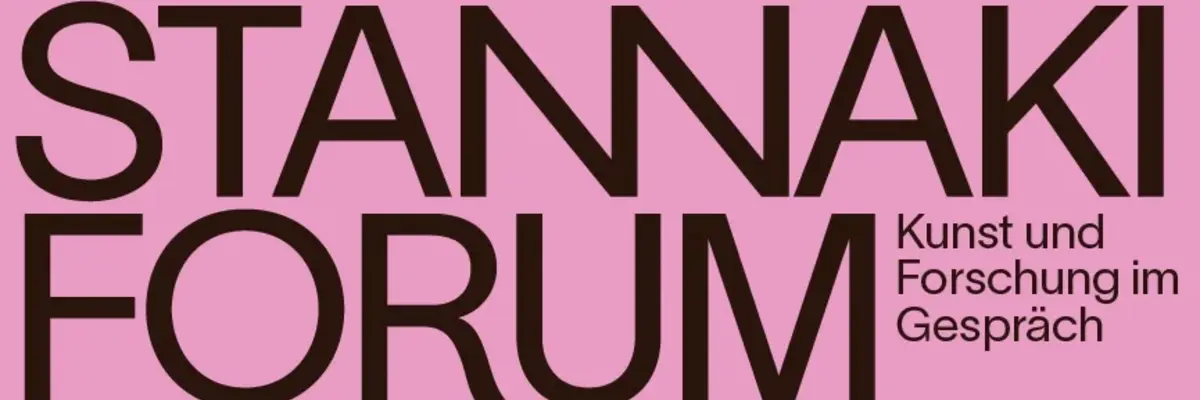
Stannaki Forum - Art and Research in Conversation
Forum to promote the connection between art and research as well as transdisciplinary dialogue
The Stannaki Forum is named after the American Tuski Stannaki, who, together with Ocktscha Rinscha, was deported from his indigenous Choctaw and Muscogee communities to the Saxon court of Augustus II. As historian Craig Koslofsky explains in Beyond Exceptionalism, Traces of Slavery and the Slave Trade in Early Modern Germany (2021), both arrived in Dresden in 1722 after being exposed to the violence of the transatlantic trade, followed by stays in London, Paris, Vienna and Breslau. They were captured by the British John Pight, a brutal enslaver of Native Americans in the American Southeast during the late 17th century. In historical accounts from Leipzig and London, they are described as "son of the Emperor of the Nawcheys" and known as "Oakecharinga Tiggwawtubby Tocholochy Ynca [Ocktscha Rinscha]; and son of the King of the Istowlawleys, called Tuskestannaggee Whosly Powon Mico [Tuski Stannaki]. " While the first name indicates a Choctaw origin, the second name appears to be the Muscogee word "Tvstvnvke", meaning "warrior", while "Mico" means "chief" in the Muscogee language.
The forum is intended to contribute to recognising the significance of diasporic life in Dresden over several centuries and to honour it as an unfinished story. The research team would like to thank Craig Koslofsky for his expert advice on Tuski Stannaki as the namesake of the forum. Talking Objects Lab will advise on the programming of the series. It takes place on the first Wednesday of every other month from 6-8pm at various locations in the collections.